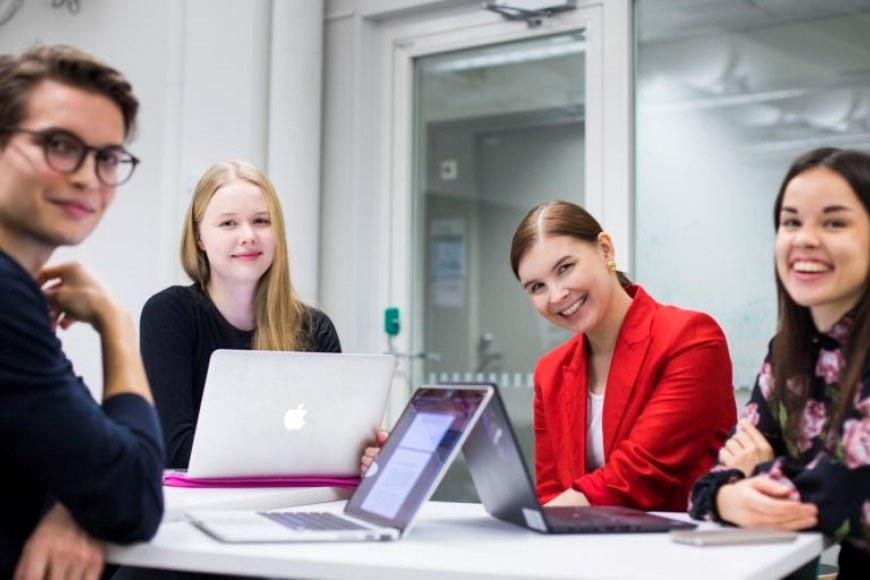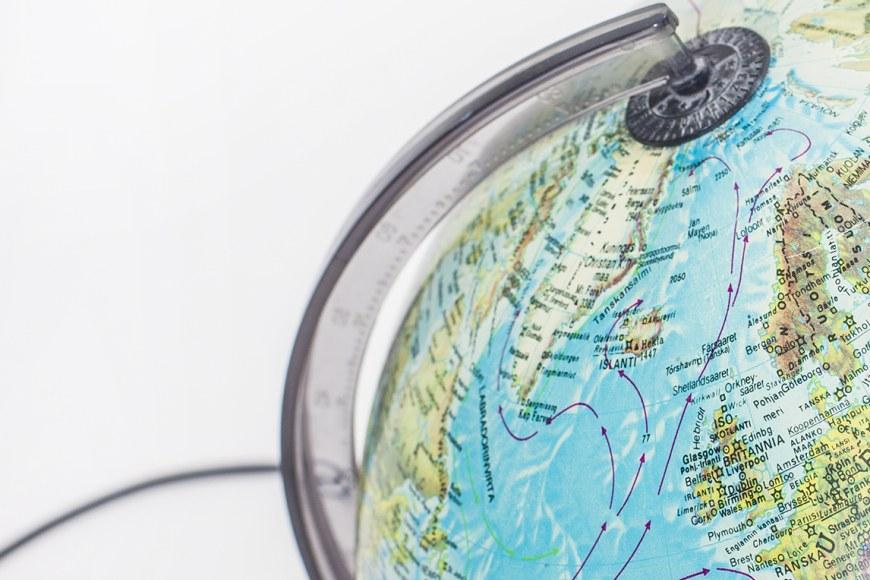
Global and Transnational Sociology, Social Science Research
Analyse policies. Understand change. Master the world.
Type
Degree earned
Planned duration
Extent of studies
City
Campus
Tuition fee for non-EU/EEA citizens
Link to scholarship programme
Global and Transnational Sociology (GTS) provides students with the basis for making sense of globalisation and transnational connections in the contemporary world. National policies and cultures are increasingly related to events and forces outside national borders.
Political processes, cultural trends and organisations are inter-connected across the world. A critical understanding of these patterns and connections is the primary goal of Global and Transnational Sociology. With a special emphasis on sociological neo-institutionalism, GTS offers the students a toolkit to analyse the social, political and cultural forces shaping our global world. The degree also develops the students’ cosmopolitan perspective crucial for a wide span of careers today.
The studies are research-intensive. They integrate with world-class research being conducted at the Tampere research group for Cultural and Political Sociology (TCuPS), and with other specialisations within the Master’s Programme in Global Society. Global and Transnational Sociology provides our graduates a unique insight into the construction of major global trends, preparing them for incisive interventions in today’s globally connected world.
Master’s Programme in Social Science Research focuses on the contemporary issues and problems of governance, conflicts and policy in the globalizing world/society. The programme consists of the following academically independent specialisations with distinct study profiles:
Curriculum
Detailed information on the content and structure of the studies is included in the curriculum.
Become a student
Learn more about the studies, admissions, and eligibility criteria on Studyinfo. In addition, applications are submitted via the Studyinfo.fi service.

